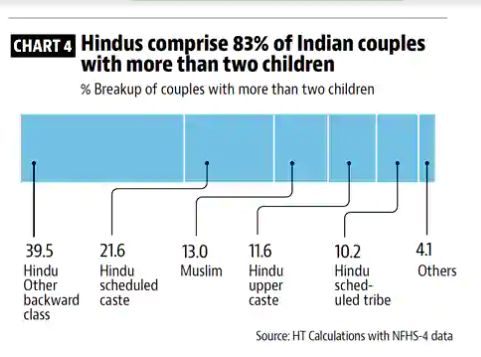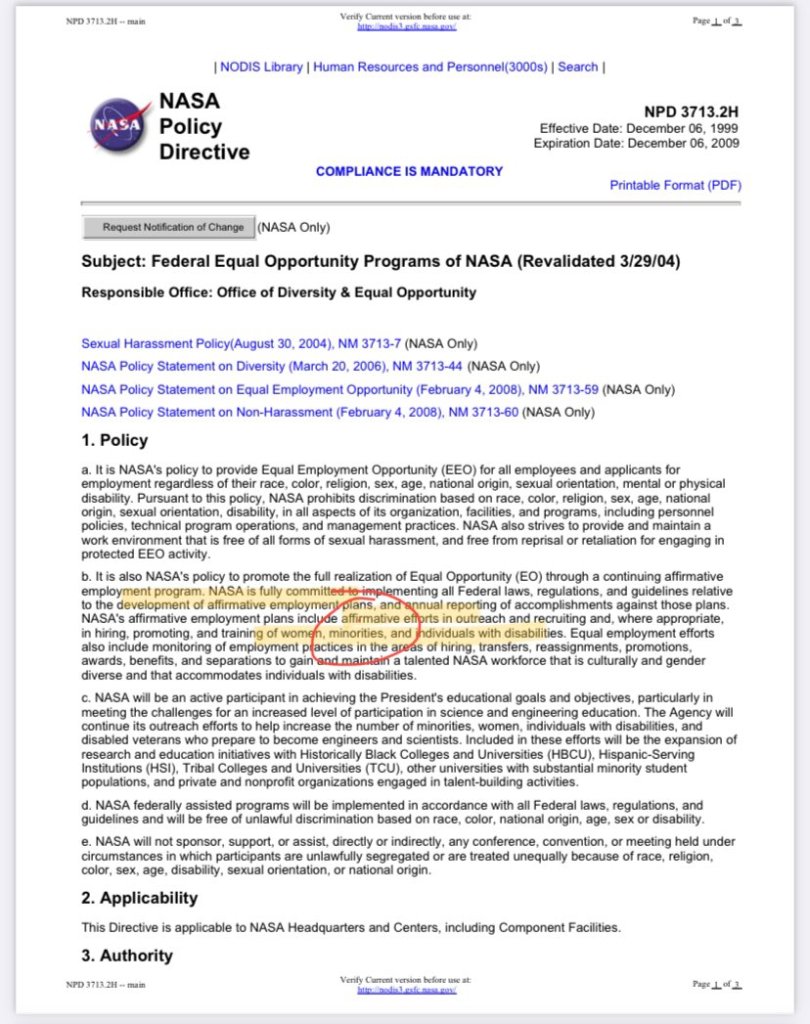Review:
Crashed, by Adam Tooze
| Publisher: |
Penguin Books |
| Copyright: |
2018 |
| Printing: |
2019 |
| ISBN: |
0-525-55880-2 |
| Format: |
Kindle |
| Pages: |
615 |
The histories of the 2008 financial crisis that I have read focus almost
exclusively on the United States. They also stop after the bank rescue
and TARP or, if they press on into the aftermath, focus on the resulting
damage to the US economy and the widespread pain of falling housing prices
and foreclosure.
Crashed does neither, instead arguing that 2008
was a crisis of European banks as much as American banks. It extends its
history to cover the sovereign debt crisis in the eurozone, treating it as
a continuation of the same crisis in a different guise. In the process,
Tooze makes a compelling argument that one can draw a clear, if wandering,
line from the moral revulsion at the propping up of the international
banking system to Brexit and Trump.
Qualifications first, since they are important for this type of
comprehensive and, in places, surprising and counterintuitive history.
Adam Tooze is Kathryn and Shelby Cullom Davis Professor of History at
Columbia University and the director of its European Institute. His
previous books have won multiple awards, and
Crashed won the Lionel
Gelber Prize for non-fiction on foreign policy. That it won a prize in
that topic, rather than history or economics, is a hint at Tooze's chosen
lens.
The first half of the book is the lead-up and response to the crisis
provoked by the collapse in value of securitized US mortgages and leading
to the failure of Lehman Brothers, the failure in all but name of AIG, and
a massive bank rescue. The financial instruments at the center of the
crisis are complex and difficult to understand, and Tooze provides only
brief explanation. This therefore may not be the best first book on the
crisis; for that, I would still recommend Bethany McClean and Joe Nocera's
All the Devils Are Here, although it's
hard to beat Michael Lewis's storytelling in
The Big Short. Tooze is not interested in dwelling on a
blow-by-blow account of the crisis and initial response, and some of his
account feels perfunctory. He is instead interested in describing its
entangled global sweep.
The new detail I took from the first half of
Crashed is the depth
of involvement of the European banks in what is often portrayed as a US
crisis. Tooze goes into more specifics than other accounts on the
eurodollar market, run primarily through the City of London, and the vast
dollar-denominated liabilities of European banks. When the crisis struck,
the breakdown of liquidity markets left those banks with no source of
dollar funding to repay dollar-denominated short-term loans. The scale of
dollar borrowing by European banks was vast, dwarfing the currency
reserves or trade surpluses of their home countries. An estimate from the
Bank of International Settlements put the total dollar funding needs for
European banks at more than $2 trillion.
The institution that saved the European banks was the United States
Federal Reserve. This was an act of economic self-protection, not
largesse; in the absence of dollar liquidity, the fire sale of dollar
assets by European banks in a desperate attempt to cover their loans would
have exacerbated the market crash. But it's remarkable in its extent, and
in how deeply this contradicts the later public political position that
2008 was an American recession caused by American banks. 52% of the
mortgage-backed securities purchased by the Federal Reserve in its
quantitative easing policies (popularly known as QE1, QE2, and QE3) were
sold by foreign banks. Deutsche Bank and Credit Suisse unloaded more
securities on the Fed than any American bank by a significant margin. And
when that wasn't enough, the Fed went farther and extended swap lines to
major national banks, providing them dollar liquidity that they could then
pass along to their local institutions.
In essence, in Tooze's telling, the US Federal Reserve became the reserve
bank for the entire world, preventing a currency crisis by providing
dollars to financial systems both foreign and domestic, and it did so with
a remarkable lack of scrutiny. Its swap lines avoided public review until
2010, when Bloomberg won a court fight to extract the records. That
allowed the European banks that benefited to hide the extent of their
exposure.
In Europe, the bullish CEOs of Deutsche Bank and Barclays claimed
exceptional status because they avoided taking aid from their national
governments. What the Fed data reveal is the hollowness of those
boasts. The banks might have avoided state-sponsored
recapitalization, but every major bank in the entire world was taking
liquidity assistance on a grand scale from its local central bank, and
either directly or indirectly by way of the swap lines from the Fed.
The emergency steps taken by Timothy Geithner in the Treasury Department
were nearly as dramatic as those of the Federal Reserve. Without regard
for borders, and pushing the boundary of their legal authority, they
intervened massively in the world (not just the US) economy to save the
banking and international finance system. And it worked.
One of the benefits of a good history is to turn stories about heroes and
villains into more nuanced information about motives and philosophies. I
came away from
Sheila Bair's account of the
crisis furious at Geithner's protection of banks from any meaningful
consequences for their greed. Tooze's account, and analysis, agrees with
Bair in many respects, but Bair was continuing a personal fight and Tooze
has more space to put Geithner into context. That context tells an
interesting story about the shape of political economics in the 21st
century.
Tooze identifies Geithner as an institutionalist. His goal was to keep
the system running, and he was acutely aware of what would happen if it
failed. He therefore focused on the pragmatic and the practical: the
financial system was about to collapse, he did whatever was necessary to
keep it working, and that effort was successful. Fairness, fault, and
morals were treated as irrelevant.
This becomes more obvious when contrasted with the eurozone crisis, which
started with a Greek debt crisis in the wake of the recession triggered by
the 2008 crisis. Greece is tiny by the standards of the European economy,
so at first glance there is no obvious reason why its debt crisis should
have perturbed the financial system. Under normal circumstances, its
lenders should have been able to absorb such relatively modest losses.
But the immediate aftermath of the 2008 crisis was not normal
circumstances, particularly in Europe. The United States had moved
aggressively to recapitalize its banks using the threat of compensation
caps and government review of their decisions. The European Union had
not; European countries had done very little, and their banks were still
in a fragile state.
Worse, the European Central Bank had sent signals that the market
interpreted as guaranteeing the safety of all European sovereign debt
equally, even though this was explicitly ruled out by the Lisbon Treaty.
If Greece defaulted on its debt, not only would that be another shock to
already-precarious banks, it would indicate to the market that all
European debt was not equal and other countries may also be allowed to
default. As the shape of the Greek crisis became clearer, the cost of
borrowing for all of the economically weaker European countries began
rising towards unsustainable levels.
In contrast to the approach taken by the United States government, though,
Europe took a moralistic approach to the crisis. Jean-Claude Trichet,
then president of the European Central Bank, held the absolute position
that defaulting on or renegotiating the Greek debt was unthinkable and
would not be permitted, even though there was no realistic possibility
that Greece would be able to repay. He also took a conservative hard line
on the role of the ECB, arguing that it could not assist in this crisis.
(Tooze is absolutely scathing towards Trichet, who comes off in this
account as rigidly inflexible, volatile, and completely irrational.)
Germany's position, represented by Angela Merkel, was far more realistic:
Greece's debt should be renegotiated and the creditors would have to
accept losses. This is, in Tooze's account, clearly correct, and indeed
is what eventually happened. But the problem with Merkel's position was
the potential fallout. The German government was still in denial about
the health of its own banks, and political opinion, particularly in
Merkel's coalition, was strongly opposed to making German taxpayers
responsible for other people's debts. Stopping the progression of a Greek
default to a loss of confidence in other European countries would require
backstopping European sovereign debt, and Merkel was not willing to
support this.
Tooze is similarly scathing towards Merkel, but I'm not sure it's
warranted by his own account. She seemed, even in his account, boxed in
by domestic politics and the tight constraints of the European political
structure. Regardless, even after Trichet's term ended and he was
replaced by the far more pragmatic Mario Draghi, Germany and Merkel
continued to block effective action to relieve Greece's debt burden. As a
result, the crisis lurched from inadequate stopgap to inadequate stopgap,
forcing crippling austerity, deep depressions, and continued market
instability while pretending unsustainable debt would magically become
payable through sufficient tax increases and spending cuts. US officials
such as Geithner, who put morals and arguably legality aside to do
whatever was needed to save the system, were aghast.
One takeaway from this is that expansionary austerity is the single worst
macroeconomic idea that anyone has ever had.
In the summer of 2012 [the IMF's] staff revisited the forecasts they
had made in the spring of 2010 as the eurozone crisis began and
discovered that they had systematically underestimated the negative
impact of budget cuts. Whereas they had started the crisis believing
that the multiplier was on average around 0.5, they now concluded that
from 2010 forward it had been in excess of 1. This meant that cutting
government spending by 1 euro, as the austerity programs demanded,
would reduce economic activity by more than 1 euro. So the share of
the state in economic activity actually increased rather than
decreased, as the programs presupposed. It was a staggering
admission. Bad economics and faulty empirical assumptions had led the
IMF to advocate a policy that destroyed the economic prospects for a
generation of young people in Southern Europe.
Another takeaway, though, is central to Tooze's point in the final section
of the book: the institutionalists in the United States won the war on
financial collapse via massive state interventions to support banks and
the financial system, a model that Europe grudgingly had to follow when
attempting to reject it caused vast suffering while still failing to
stabilize the financial system. But both did so via actions that were
profoundly and obviously unfair, and only questionably legal. Bankers
suffered few consequences for their greed and systematic mismanagement,
taking home their normal round of bonuses while millions of people lost
their homes and unemployment rates for young men in some European
countries exceeded 50%. In Europe, the troika's political pressure
against Greece and Italy was profoundly anti-democratic.
The financial elite achieved their goal of saving the financial system.
It could have failed, that failure would have been catastrophic, and their
actions are defensible on pragmatic grounds. But they completely
abandoned the moral high ground in the process.
The political forces opposed to centrist neoliberalism attempted to step
into that moral gap. On the Left, that came in the form of mass protest
movements, Occupy Wall Street, Bernie Sanders, and parties such as Syriza
in Greece. The Left, broadly, took the moral side of debtors, holding
that the primary pain of the crisis should instead be born by the wealthy
creditors who were more able to absorb it. The Right by contrast, in the
form of the Tea Party movement inside the Republican Party in the United
States and the nationalist parties in Europe, broadly blamed debtors for
taking on excessive debt and focused their opposition on use of taxpayer
dollars to bail out investment banks and other institutions of the rich.
Tooze correctly points out that the Right's embrace of racist nationalism
and incoherent demagoguery obscures the fact that their criticism of the
elite center has real merit and is partly shared by the Left.
As Tooze sketches out, the elite centrist consensus held in most of
Europe, beating back challenges from both the Left and the Right, although
it faltered in the UK, Poland, and Hungary. In the United States, the
Democratic Party similarly solidified around neoliberalism and saw off its
challenges from the Left. The Republican Party, however, essentially
abandoned the centrist position, embracing the Right. That left the
Democratic Party as the sole remaining neoliberal institutionalist party,
supplemented by a handful of embattled Republican centrists.
Wall Street and its money swung to the Democratic Party, but it was deeply
unpopular on both the Left and the Right and this shift may have hurt them
more than helped. The Democrats, by not abandoning the center, bore the
brunt of the residual anger over the bank bailout and subsequent deep
recession. Tooze sees in that part of the explanation for Trump's
electoral victory over Hilary Clinton.
This review is already much too long, and I haven't even mentioned Tooze's
clear explanation of the centrality of treasury bonds to world finances,
or his discussions of Russian and Ukraine, China, or Brexit, all of which
I thought were excellent. This is not only an comprehensive history of
both of the crises and international politics of the time period. It is
also a thought-provoking look at how drastic of interventions are required
to keep the supposed free market working, who is left to suffer after
those interventions, and the political consequences of the choice to
prioritize the stability of a deeply inequitable and unsafe financial
system.
At least in the United States, there is now a major political party that
is likely to oppose even mundane international financial institutions, let
alone another major intervention. The neoliberal center is profoundly
weakened. But nothing has been done to untangle the international
financial system, and little has been done to reduce its risk. The world
will go into the next financial challenge still suffering from a
legitimacy crisis. Given the miserly, condescending, and dismissive
treatment of the suffering general populace after moving heaven and earth
to save the banking system, that legitimacy crisis is arguably justified,
but an uncontrolled crash of the financial system is not likely to be any
kinder to the average citizen than it is to the investment bankers.
Crashed is not the best-written book at a sentence-by-sentence
level. Tooze's prose is choppy and a bit awkward, and his paragraphs
occasionally wander away from a clear point. But the content is excellent
and thought-provoking, filling in large sections of the crisis picture
that I had not previously been aware of and making a persuasive argument
for its continuing effects on current politics. Recommended if you're not
tired of reading about financial crises.
Rating: 8 out of 10
 AX.25 is a tough protocol to use on UNIX systems. A lot of the support in
Linux, specifically, is pretty hard to use, and tends to be built into the
reptilian brain of the kernel. xan built a userland
AX.25 stack called patty, for which I have
now built some Go bindings on top of.
Code needed to create AX.25 Sockets via Go can be found at
github.com/k3xec/go-patty,
and imported by Go source as
k3xec.com/patty.
AX.25 is a tough protocol to use on UNIX systems. A lot of the support in
Linux, specifically, is pretty hard to use, and tends to be built into the
reptilian brain of the kernel. xan built a userland
AX.25 stack called patty, for which I have
now built some Go bindings on top of.
Code needed to create AX.25 Sockets via Go can be found at
github.com/k3xec/go-patty,
and imported by Go source as
k3xec.com/patty.


 Hindus comprise 83% of Indian couples with more than two child children
Hindus comprise 83% of Indian couples with more than two child children If one wants to, one can read a bit more about the Uttar Pradesh Population bill
If one wants to, one can read a bit more about the Uttar Pradesh Population bill 



